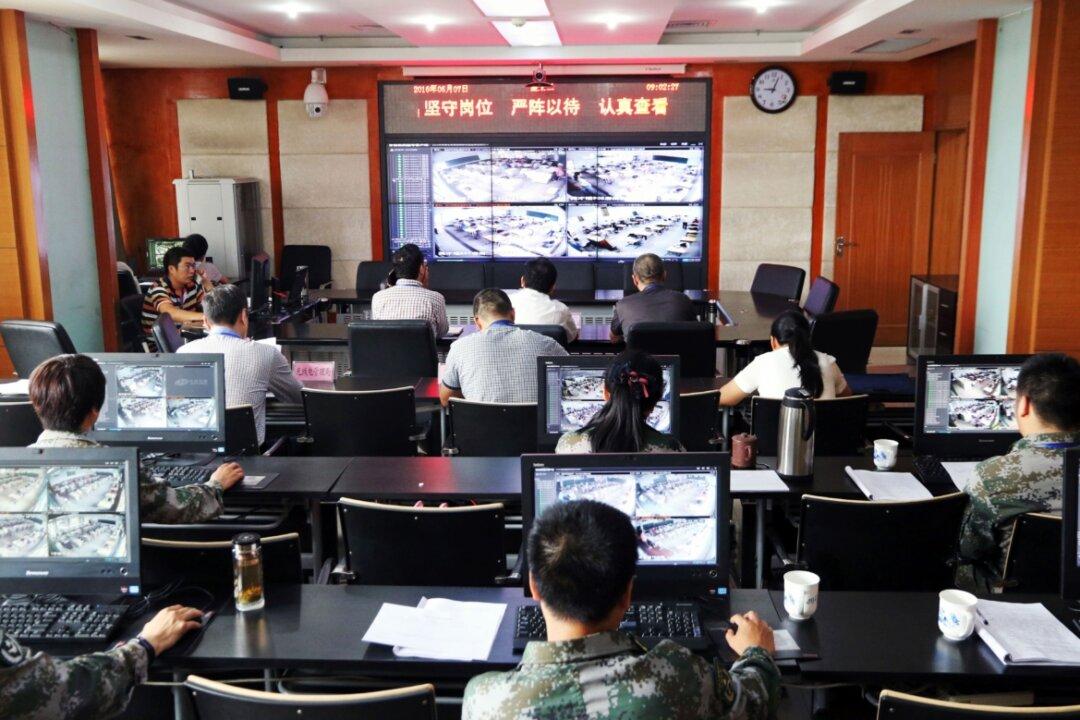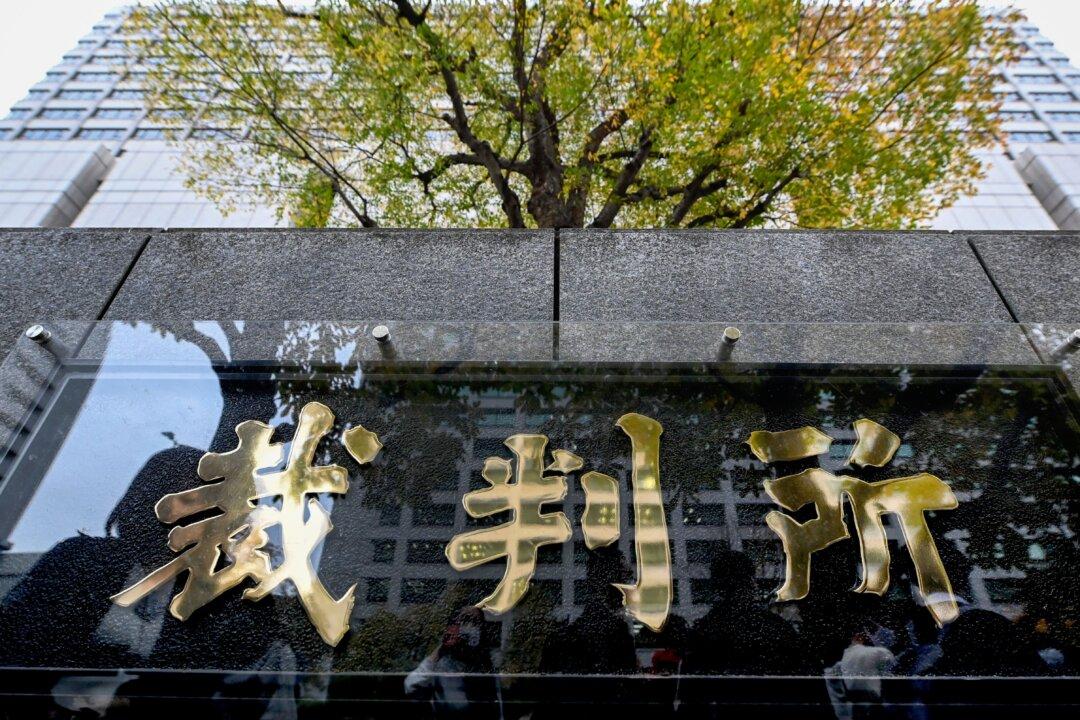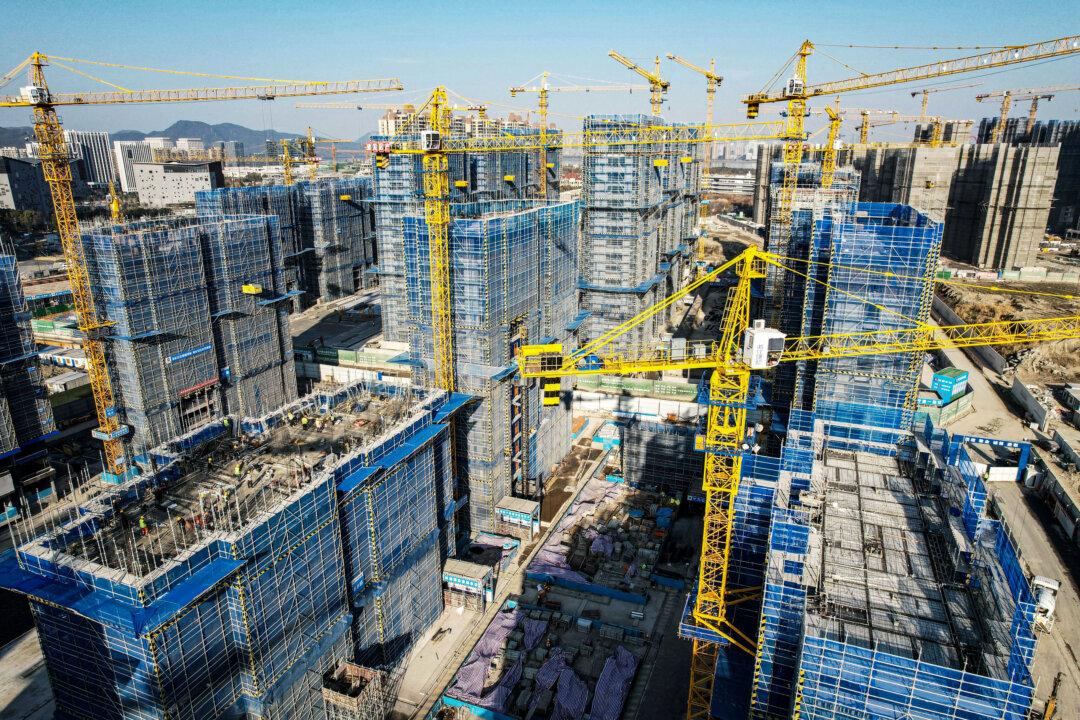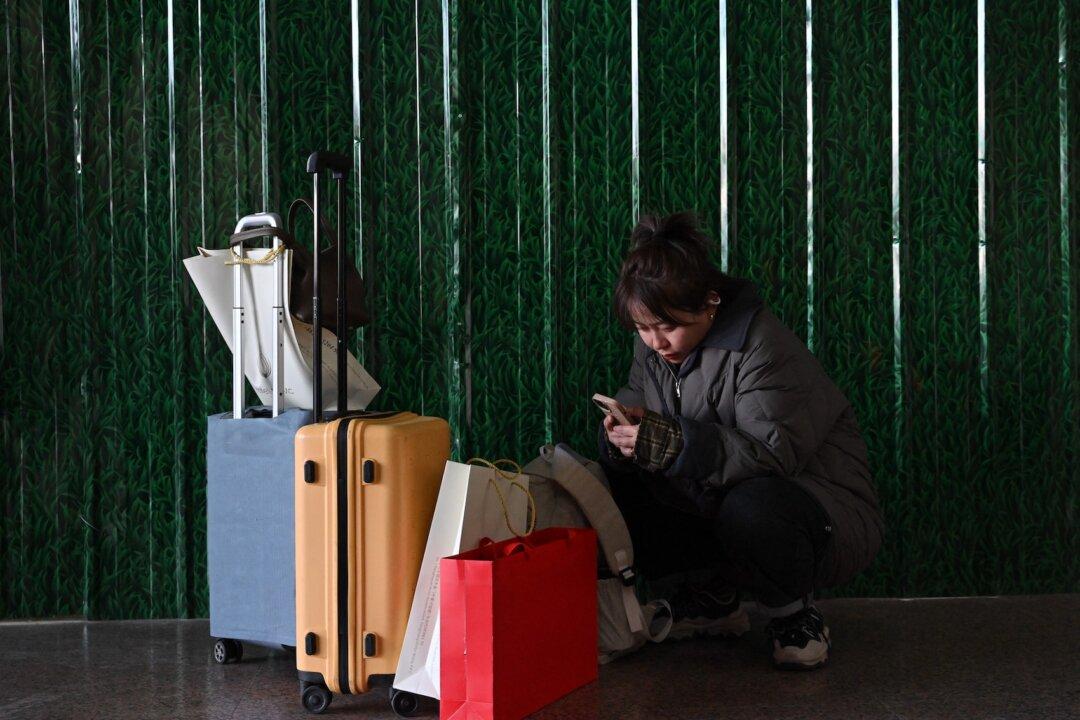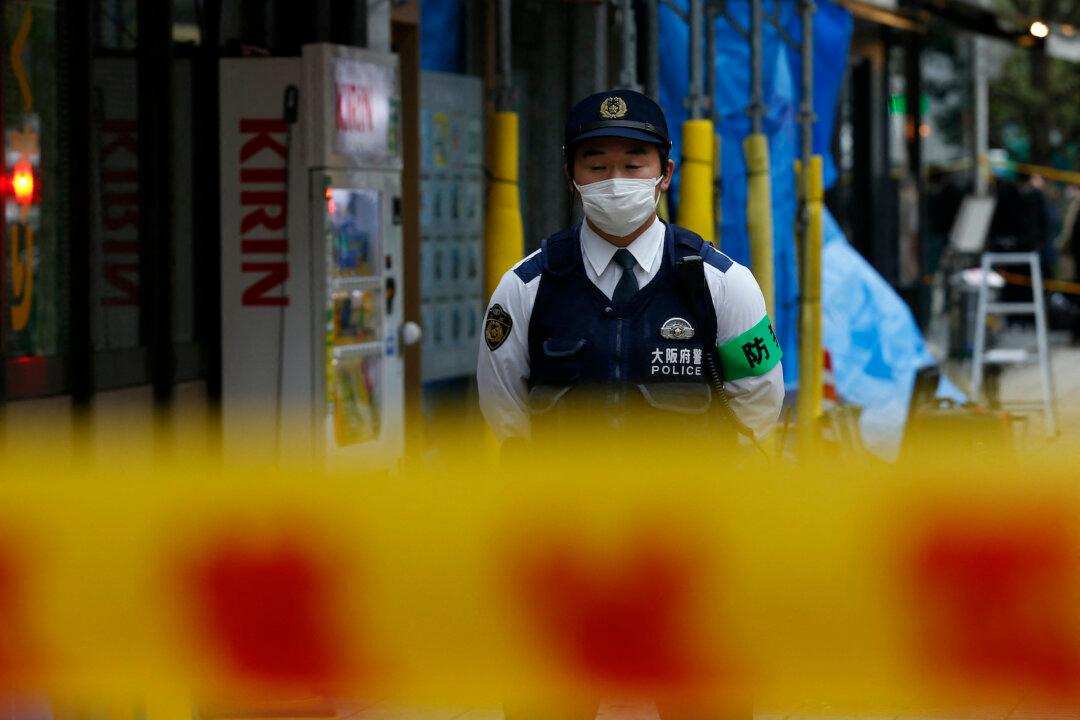A city once known as one of China’s most robust has gone viral for a financial crisis that has left essential city workers without paychecks. Netizens are buzzing about its failure to pay public employees—for over six months, and in some cases, for more than a year.
Meanwhile, residents say that their city is just one of many in China that are struggling to make ends meet post-COVID.
